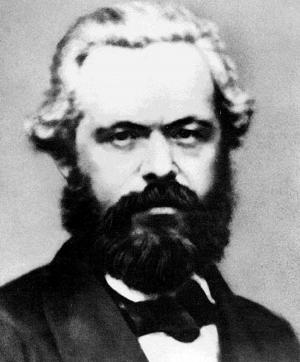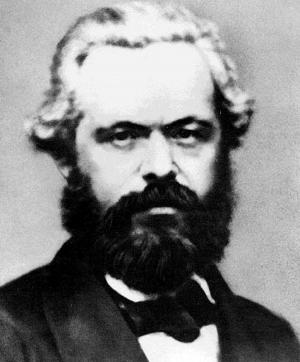Equity Dispatch Court Proposal and Bill (Illustrated)
Business & Finance, Economics, Macroeconomics, Theory of Economics| Author: | Jeremy Bentham, Timeless Books: Editor | ISBN: | 1230000468336 |
| Publisher: | www.WealthOfNation.com | Publication: | June 4, 2015 |
| Imprint: | Language: | English |
| Author: | Jeremy Bentham, Timeless Books: Editor |
| ISBN: | 1230000468336 |
| Publisher: | www.WealthOfNation.com |
| Publication: | June 4, 2015 |
| Imprint: | |
| Language: | English |
The book has an active table of contents for easy access to each chapter of the following titles:
1. EQUITY DISPATCH COURT PROPOSAL – JEREMY BENTHAM
2. EQUITY DISPATCH COURT BILL – JEREMY BENTHAM
3. SCHEDULES TO THE BILL – JEREMY BENTHAM
Jeremy Bentham was a British philosopher, jurist, social reformer and the founder of modern utilitarianism. He is in the row with the greatest thinkers Adam Smith, John Stuart Mill, John Keynes, John Locke, and Alfred Marshall. Their thoughts had strong influence on building the foundation of the United States and its endeavor of open society.
Jeremy Bentham invented the axiom of the greatest happiness of the greatest number. His writings emphasised the pursuit of happiness and freedom and became popular in the new republics of America and the other counties.
In 1829, Bentham published his Equity Dispatch Court Proposal and published Equity Dispatch Court Bill in 1831. He argued in the writings the same antinomian views on procedural law. He believed that the single-seated judge of the new proposed court was entitled to the exercise of considerable powers upon the suitors and those involved in the cause. The powers should include issuing particular orders for the dispatch of the suit and also include punishing non-compliance and encouraging compliance with rewards. He further declared in the writings that The Equity Dispatch Court judge was entitled to issue particular commands and was conferred with the power to establish general rules to be observed by all those involved in the suit.
Jeremy Bentham’s work produced great influence on utilitarianism, philosophy, jurist, and economics. His influence has been felt in nearly every field of the humanities and social sciences.
This book is one of the most important ones about the deepest thoughts about the legal rights and procedures by Jeremy Bentham, one of the greatest thinkers of modern economics and philosophy on the planet.
The book has an active table of contents for easy access to each chapter of the following titles:
1. EQUITY DISPATCH COURT PROPOSAL – JEREMY BENTHAM
2. EQUITY DISPATCH COURT BILL – JEREMY BENTHAM
3. SCHEDULES TO THE BILL – JEREMY BENTHAM
Jeremy Bentham was a British philosopher, jurist, social reformer and the founder of modern utilitarianism. He is in the row with the greatest thinkers Adam Smith, John Stuart Mill, John Keynes, John Locke, and Alfred Marshall. Their thoughts had strong influence on building the foundation of the United States and its endeavor of open society.
Jeremy Bentham invented the axiom of the greatest happiness of the greatest number. His writings emphasised the pursuit of happiness and freedom and became popular in the new republics of America and the other counties.
In 1829, Bentham published his Equity Dispatch Court Proposal and published Equity Dispatch Court Bill in 1831. He argued in the writings the same antinomian views on procedural law. He believed that the single-seated judge of the new proposed court was entitled to the exercise of considerable powers upon the suitors and those involved in the cause. The powers should include issuing particular orders for the dispatch of the suit and also include punishing non-compliance and encouraging compliance with rewards. He further declared in the writings that The Equity Dispatch Court judge was entitled to issue particular commands and was conferred with the power to establish general rules to be observed by all those involved in the suit.
Jeremy Bentham’s work produced great influence on utilitarianism, philosophy, jurist, and economics. His influence has been felt in nearly every field of the humanities and social sciences.
This book is one of the most important ones about the deepest thoughts about the legal rights and procedures by Jeremy Bentham, one of the greatest thinkers of modern economics and philosophy on the planet.















